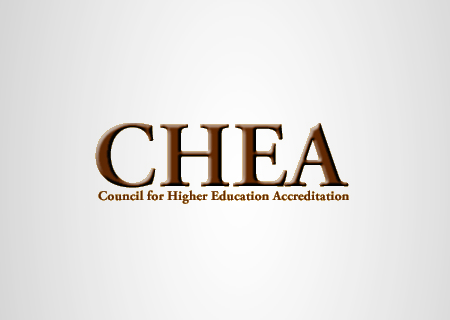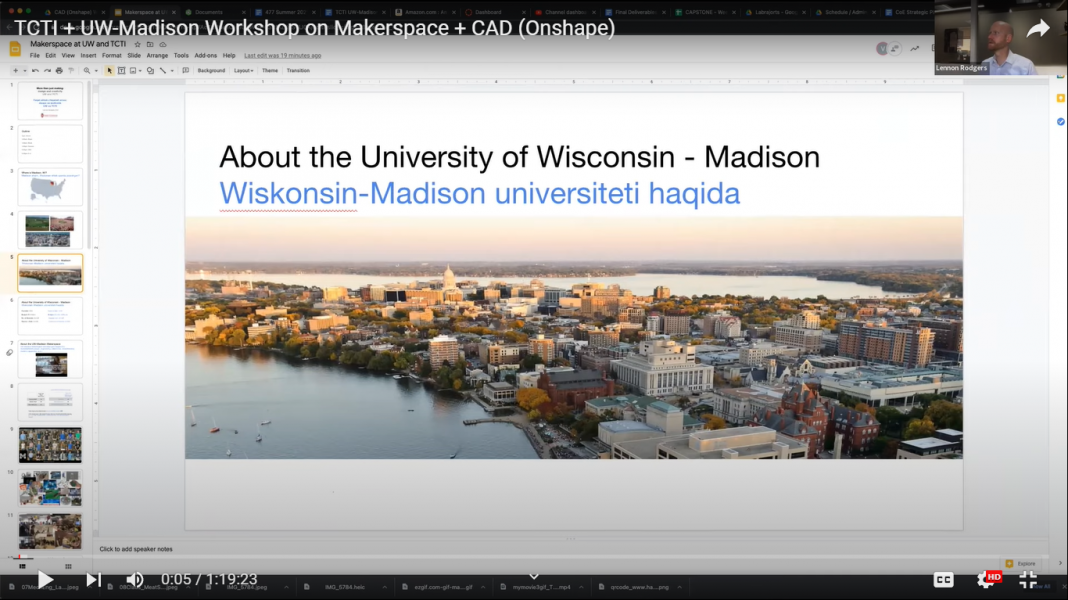Accreditation is a process of external quality review created and used by higher education to scrutinize colleges, universities, and programs for quality assurance and quality improvement. Accreditation in the United States is more than 100 years old, emerging from concerns to protect public health and safety and to serve the public interest.
Accreditation in the United States is more than 100 years old, emerging from concerns to protect public health and safety and to serve the public interest. In the United States, accreditation is carried out by private, nonprofit organizations designed for this specific purpose! External quality review of higher education is a nongovernmental enterprise. The U.S. accreditation structure is decentralized and complex, mirroring the decentralization and complexity of American higher education. The higher education enterprise is made up of degree-granting and non-degree-granting institutions. These may be public or private, two- or four-year, nonprofit, or for-profit.
This and more information can be found in the publication written by Judith S. Eaton, President, Council for Higher Education Accreditation in the publication posted.







